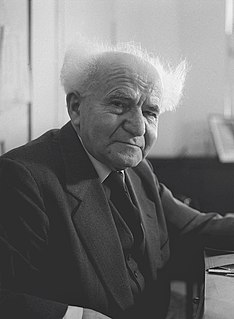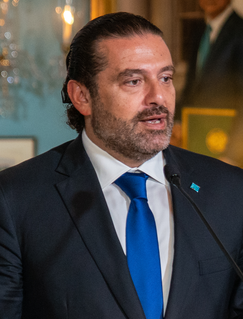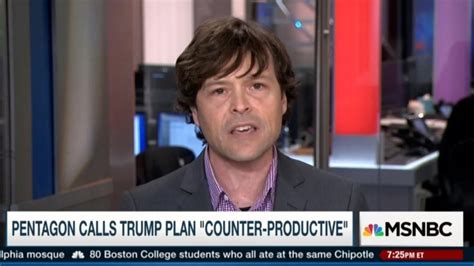A Quote by Michael T. Flynn
The tactical issue is ISIS or ISIL in the greater Levant area, which is essentially Syria, and Iraq, Lebanon, Jordan, et cetera. But the wider problem is not just trans-regional in that part of the world, but it's also global. I mean, 40 to 50 countries supplying fighters to this current fight in the Middle East? Come on.
Related Quotes
We should prepare to go over to the offensive. Our aim is to smash Lebanon, Trans-Jordan and Syria. The weak point is Lebanon, for the Moslem regime is artificial and easy for us to undermine. We shall establish a Christian state there and then we will smash the Arab Legion, eliminate Trans-Jordan; Syria will fall to us. We then bomb and move on and take Port Said, Alexandria and Sinai.
Iraq, for the first time, gives al Qaeda and its allies contiguous safe-haven territory to train and launch attacks into the Levant. First into Jordan and Syria, and then into Lebanon, and virtually and ultimately into Israel and probably Egypt too. It also gives them haven to eventually work their way toward Turkey and into the Arabian Peninsula.
If you want peace and well-being to be in place in the Middle East and you want terrorism to be uprooted, then there's no path other than the presence of the Islamic Republic of Iran, you saw that in Iraq, Syria, Lebanon and Yemen that the power that was able to help the people of Iraq, Syria, Lebanon and Yemen in the face of terrorist groups was the Islamic Republic of Iran.
I met with many of - a number of [Syrian] refugees in Berlin the other day, and I was struck by how educated, intelligent, and patriotic they are. They want to go back. They love their country. And there are so many of them still in Jordan and in refugee camps in Lebanon and in Turkey, that if you could create the climate within which they could begin to come back, I believe there is such a history of secularism within Syria, even tolerance within Syria, that if we can deal with ISIL, yes. That's the key. And with ISIL there, not a chance.
Sadly, a U.S. invasion of Iraq 'would threaten the whole stability of the Middle East' - or so Amr Moussa, secretary-general of the Arab League, told the BBC on Tuesday. Amr's talking points are so Sept. 10: It's supposed to destabilize the Middle East. The stability of the Middle East is unique in the non-democratic world and it's the lack of change in Iraq, Iran, Saudi Arabia, Syria, Egypt that's turned them into a fetid swamp of terrorist bottom-feeders.
We are certainly seeing a greater diversification of origin... it used to be that the best trained terrorist cyber facilitators were living in Pakistan, Saudi Arabia, or Western Europe. These days, we are seeing increasing numbers of such individuals from North Africa and what I like to term "Greater Syria" - Lebanon, the Palestinian territories, Jordan, and Syria itself.



































